



{{error_msg}}

The Gurkar lab is interested in defining the molecular mechanisms that drive aging in response to endogenous DNA damage, which accumulates in all of us over time. The majority of individuals over the age of 65 years suffer from at least two chronic degenerative diseases- neurodegeneration, cardiovascular disease, diabetes, cancer etc. These chronic diseases of the elderly consume an increasingly large fraction of our health care costs and rob individuals of their independence and quality of life. Developing therapies to target the primary risk factor for all of these diseases, aging itself, is a promising yet challenging solution. The first step is to define the molecular mechanisms that drive aging. We believe that this will reveal novel therapeutic targets that can be further harnessed to extend healthy life.
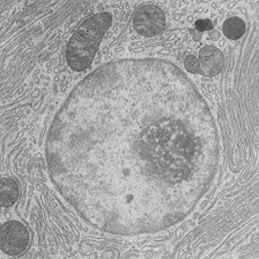

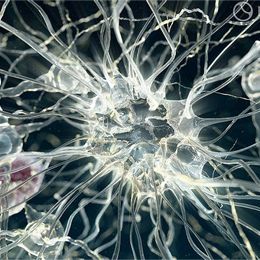
Yousefzadeh MJ*, Zhao J*, Bukata C, ..., Gurkar AU, ..., Robbins PD and Niedernhofer LJ. Tissue specificity of senescent cell accumulation during physiological and accelerated aging of mice. Aging Cell (accepted, 2019).
Breitbach ME, Greenspan S, Resnick NM, Perera S, Gurkar AU, Absher D*, Levine AS*. Exonic variants in aging-related genes are predictive of phenotypic aging status. Frontiers in Genetics (in press, 2019)
Hamsanathan S, Alder JK, Sellares J, Rojas M, Gurkar AU, Mora AL. Cellular Senescence: The Trojan Horse in Chronic Lung Diseases.. Am J Respir Cell Mol Biol.
Czerwińska J, Nowak M, Wojtczak P, Dziuban-Lech D, ..., Gurkar A.U., ..., Oliński R, Speina E, Niedernhofer LJ, Tudek B. (2018) ERCC1-deficient cells and mice are hypersensitive to lipid peroxidation. Free Radical Biol Med.


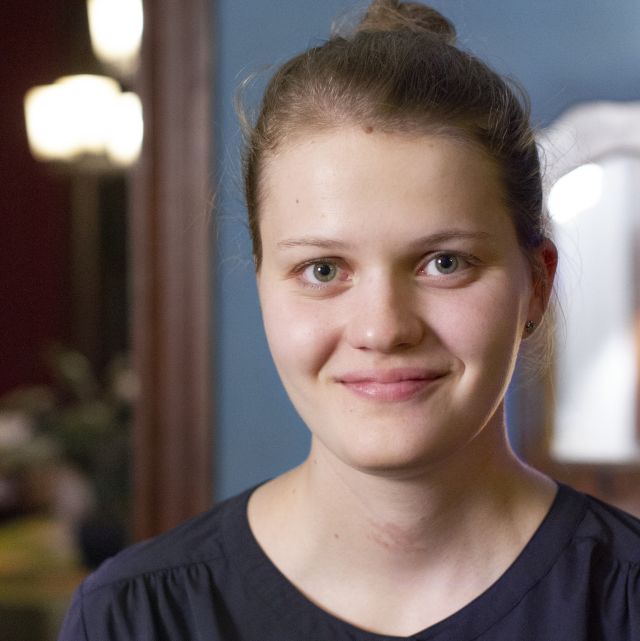



Happy Holidays with axe throwing, 2019!
It has been so much fun hosting Ella and Roshan this summer!
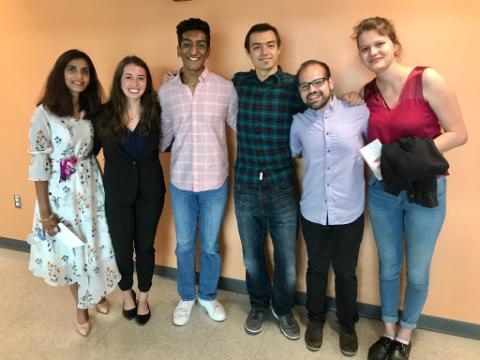
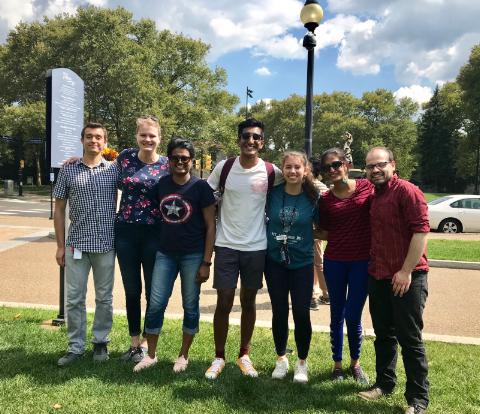
Perfect day for a lab picnic.
Friday Lab Meeting...
...are never boring!


Birthday Celebrations!
Thank you for the wonderfun birthday cake.
Summer Ice-Cream Social.

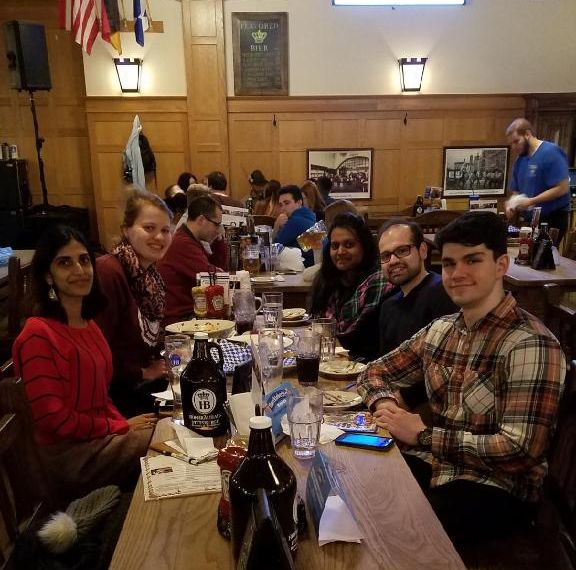
Celebrating Shruthi's birthday and Victor's farewell.
Aging Institute Winter Party
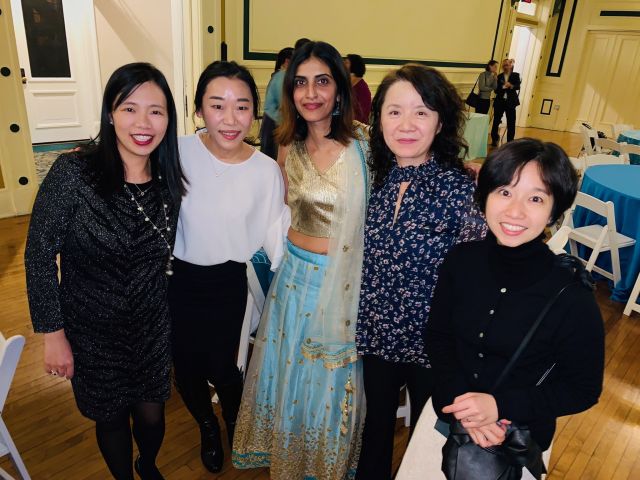
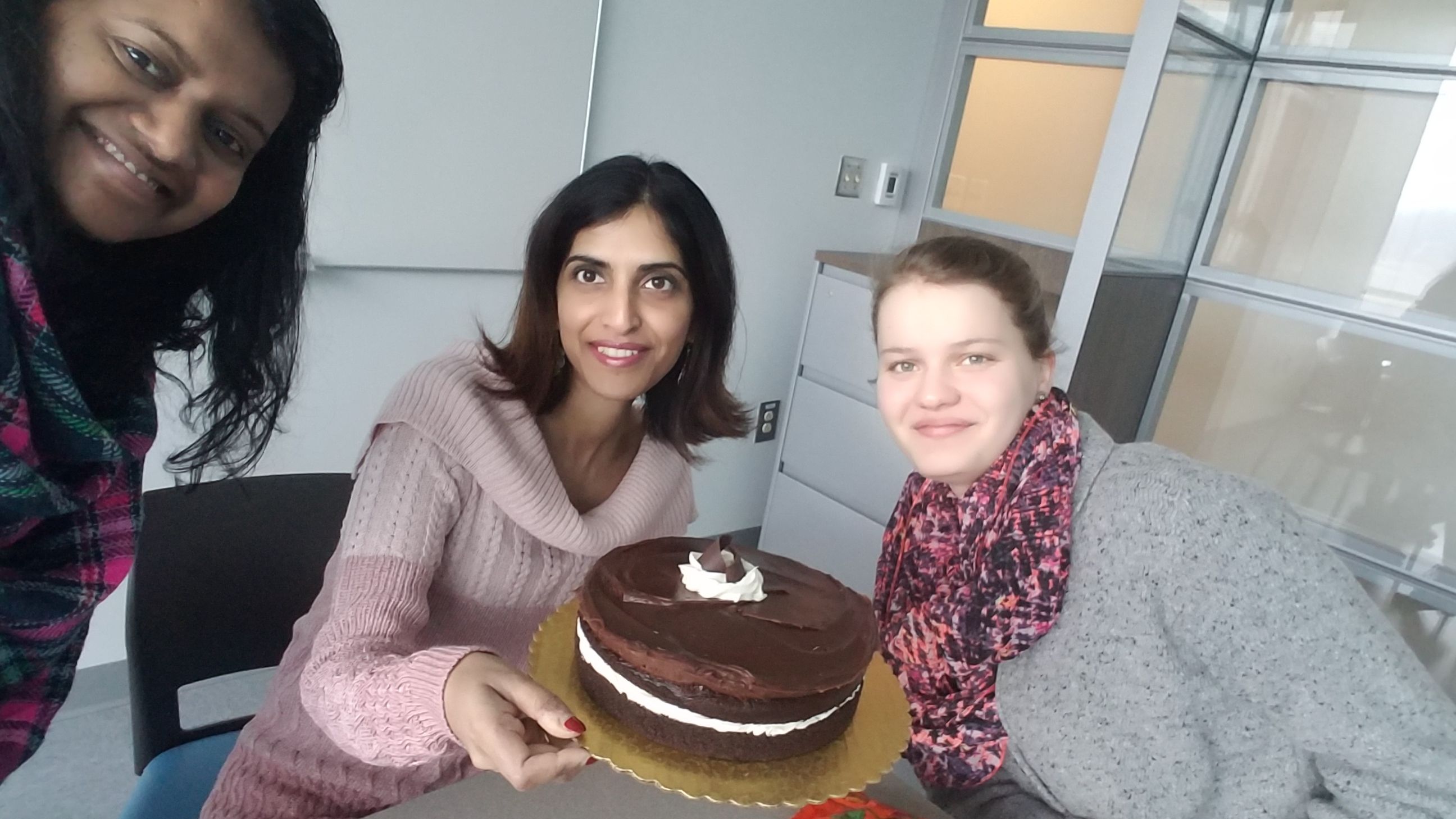
Happy Birthday Lucile
Worm club holiday party.
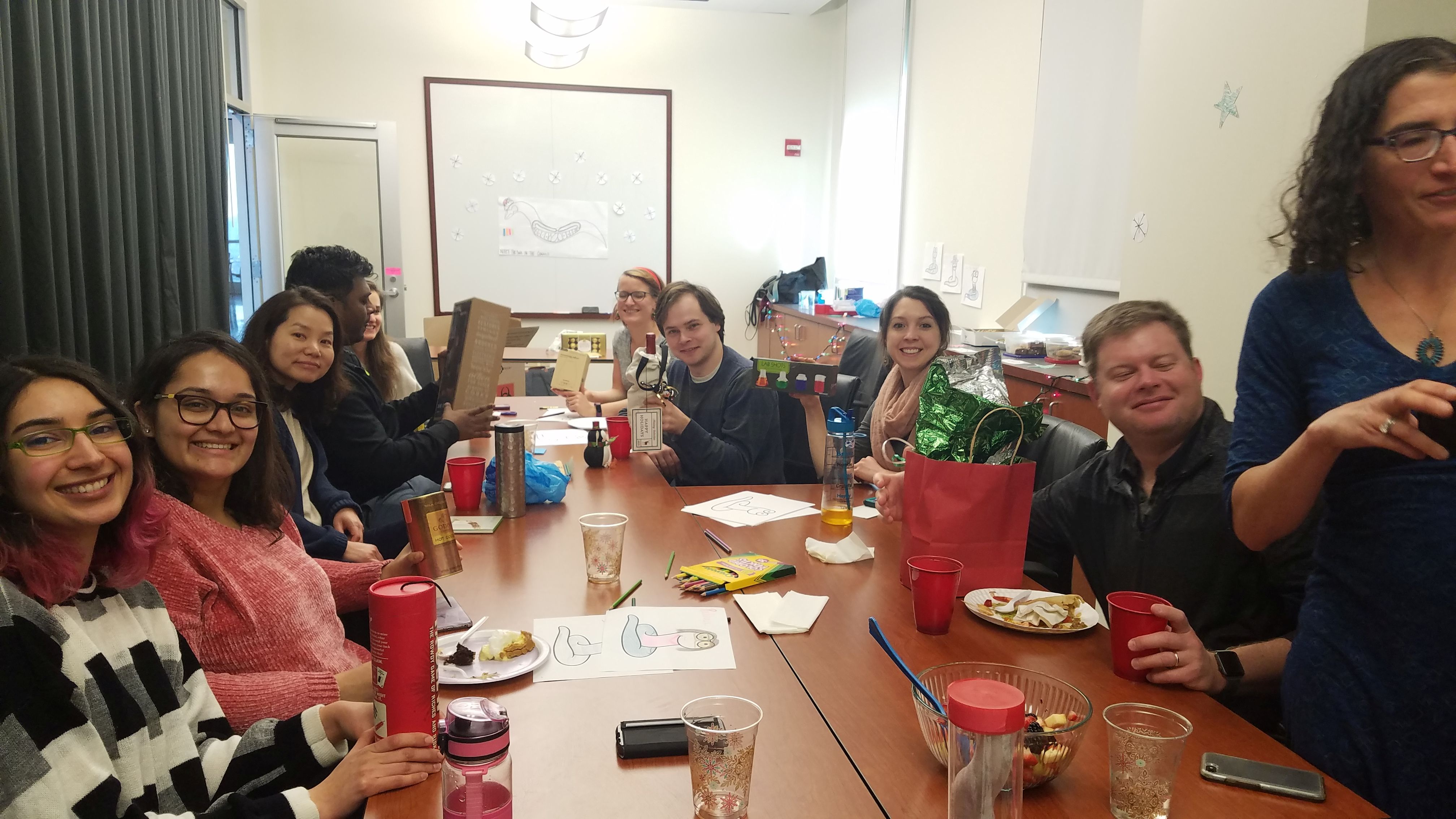

Holiday party
Gurkar lab celebrates Diwali
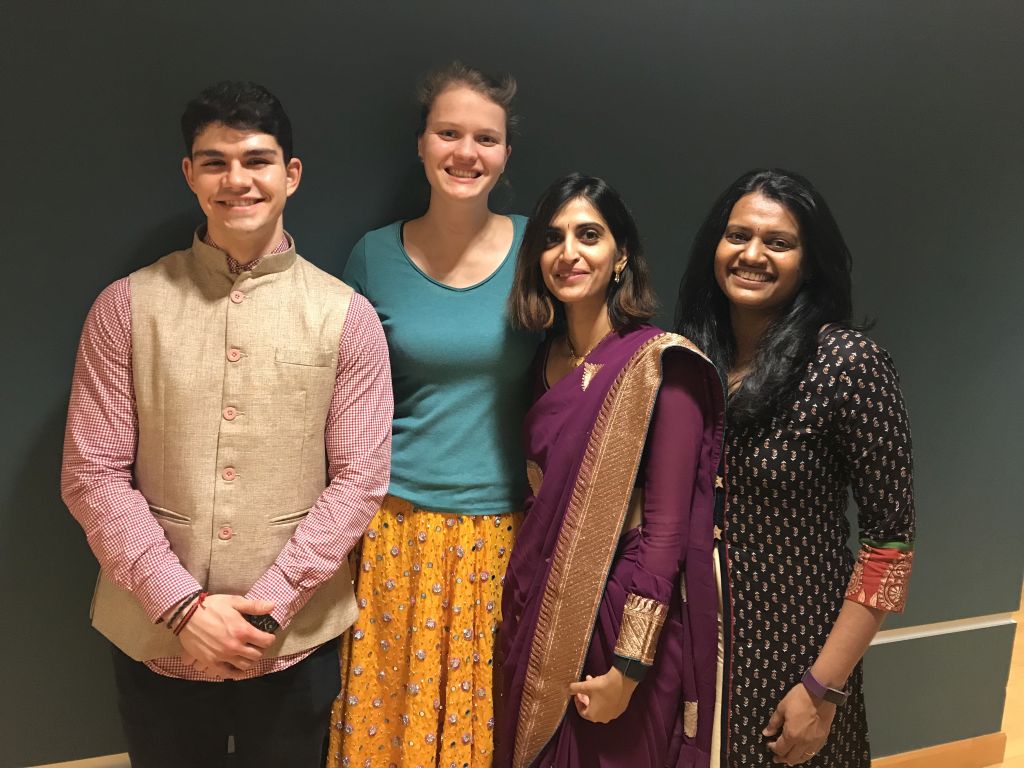
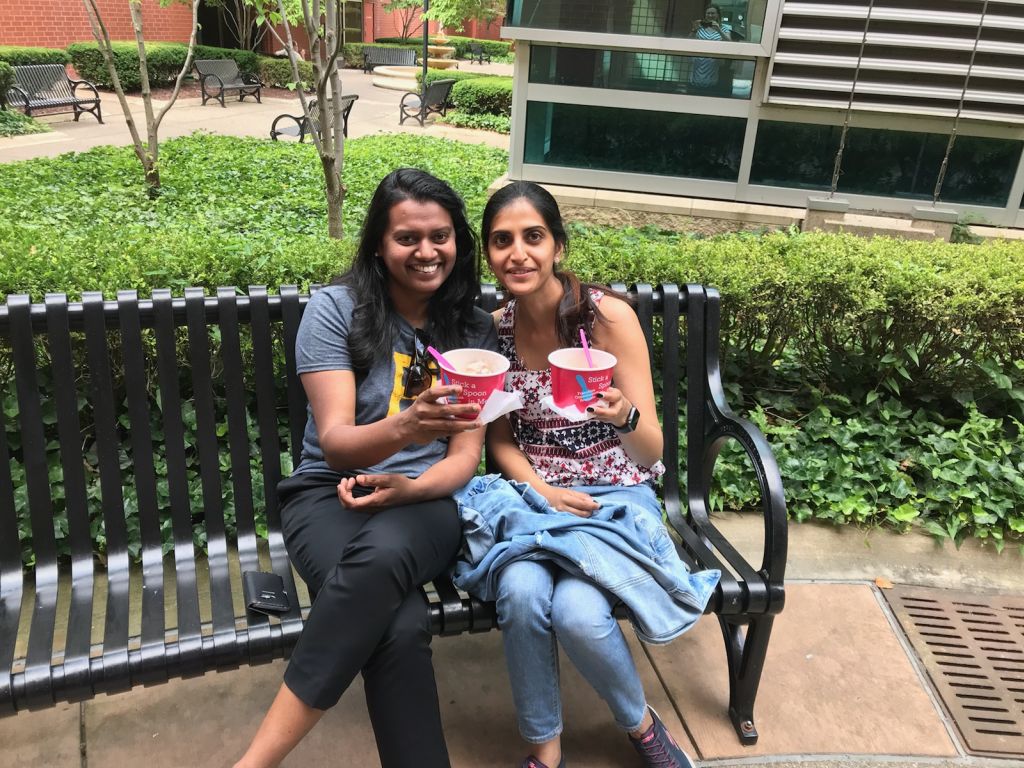
YAY!
Celebrating an 'ice cream' moment in the Gurkar Lab
Tom, the lab mascot
Hanging out in Madison for the C. elegans meeting!


Go pirates!
The worm club attends Pirates baseball game.
Aging Institute winter party.
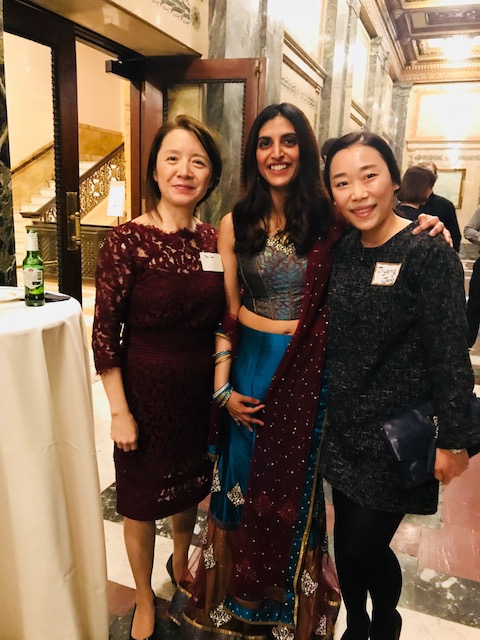
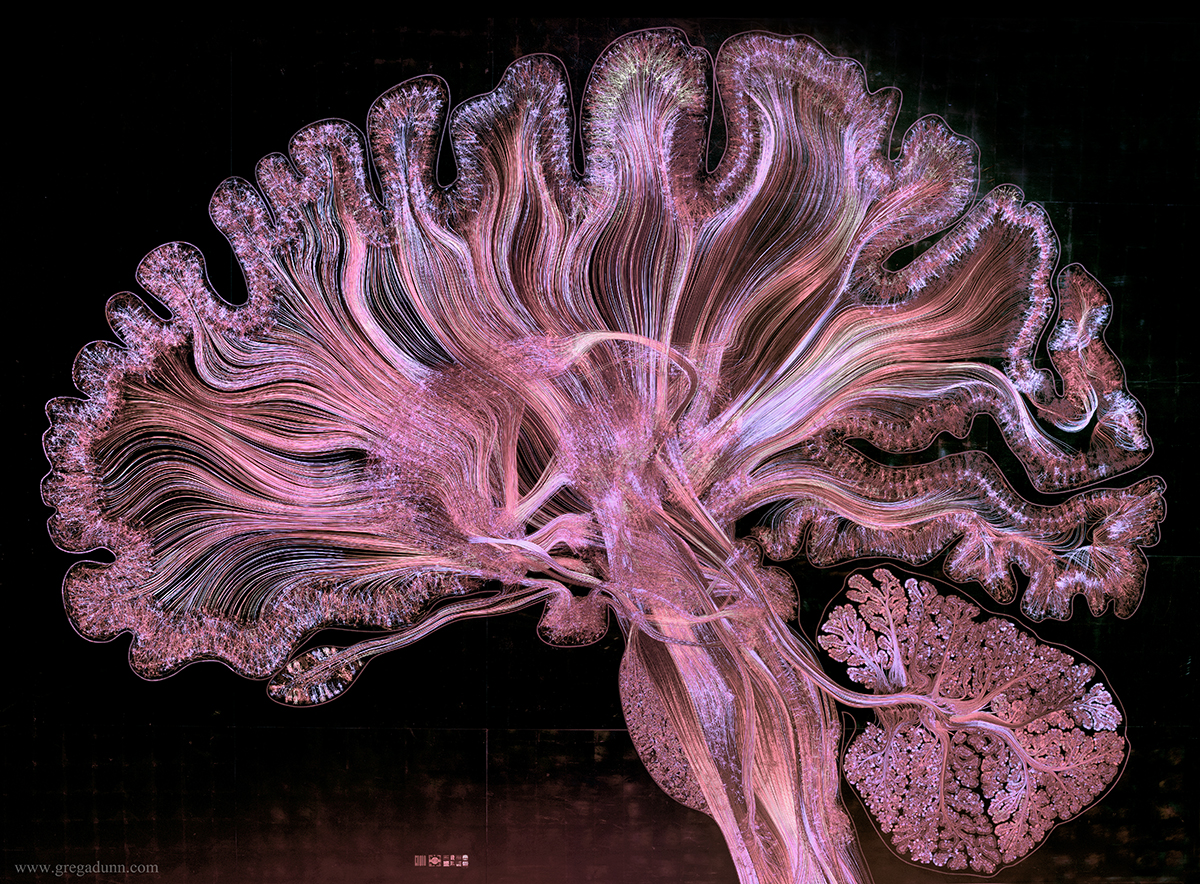
Hybridization of science and art
Check out one of our favorite artist. Greg Dunn designs.
Breakthroughs “Age of Aging”
National Geographic Channel’s series directed by Ron Howard highlighted aging research as a breakthrough in Nov 2015.

Awesome Science sites we love

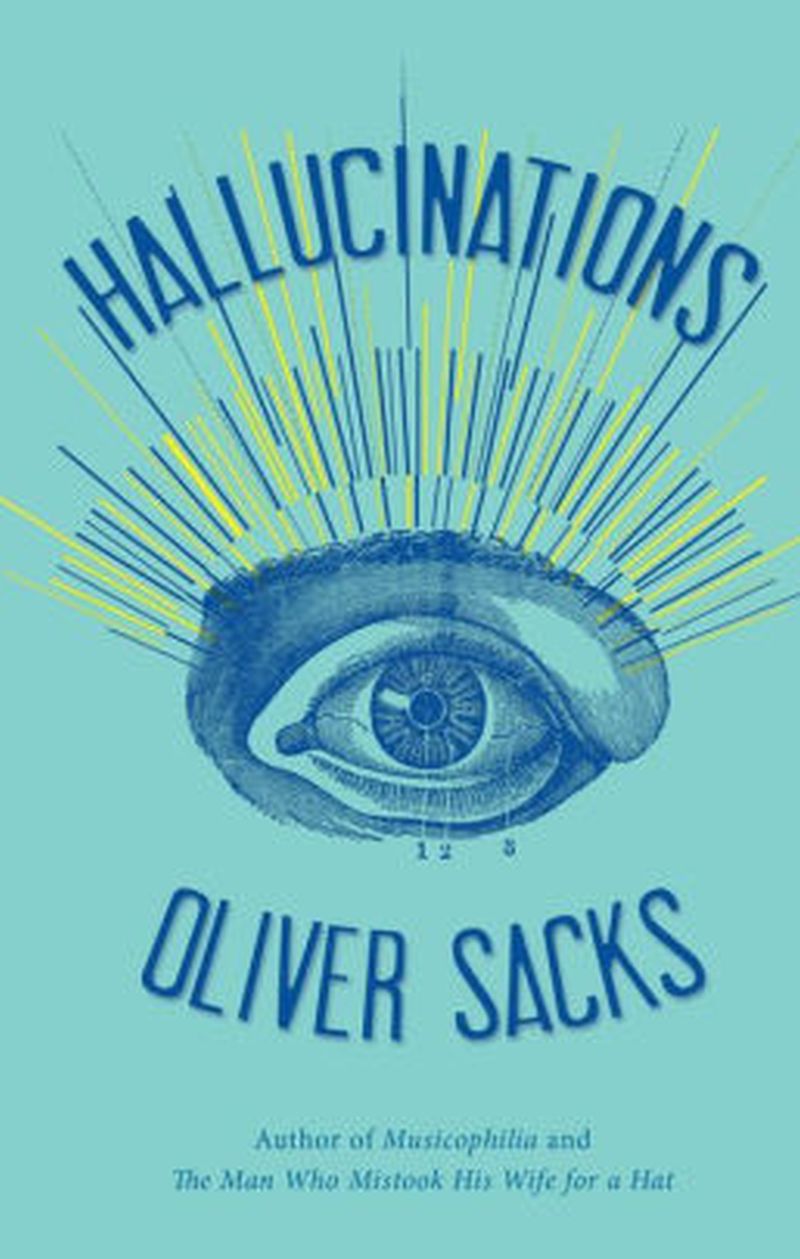
Oliver Sacks
Oliver Sacks- always inspiring!
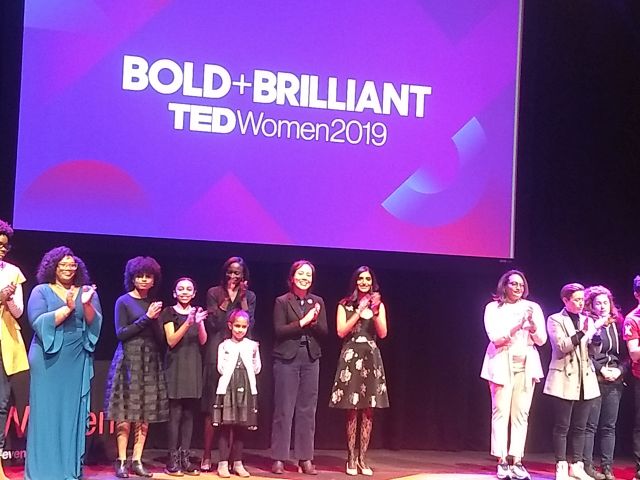
TEDxPittsburgh
Our own Aditi Gurkar will be one of the featured speakers at TEDxPittsburgh!
Happy Holidays with axe throwing, 2019!

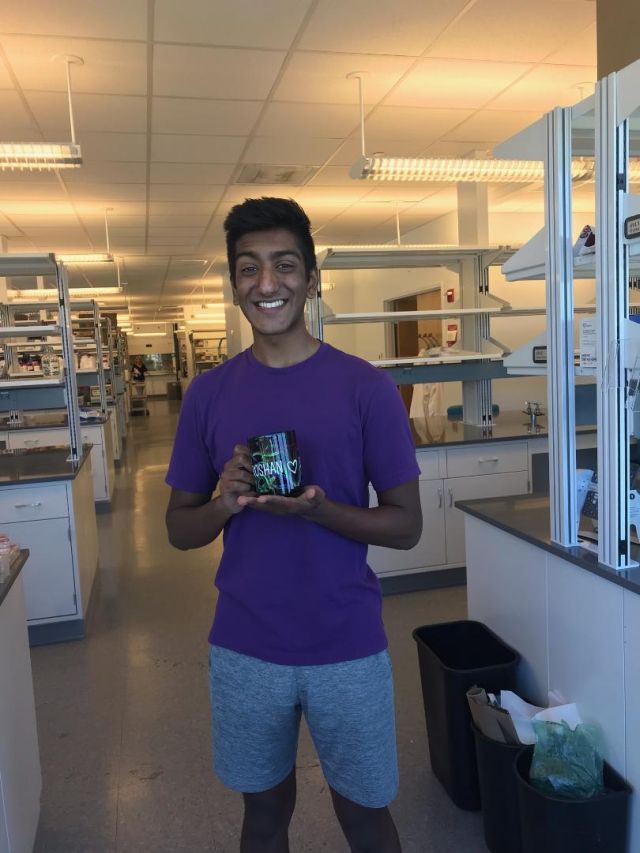
Testimonial from our summer Undergrad from Oxford University, Roshan K.
Over 8 weeks this summer, I worked on an independent research project in the Gurkar Lab at the Aging Institute.

Worm Meeting 2019
Shruti's first Worm Meeting in LA.
AGE Meeting
Looking forward to the AGE Meeting in SF.

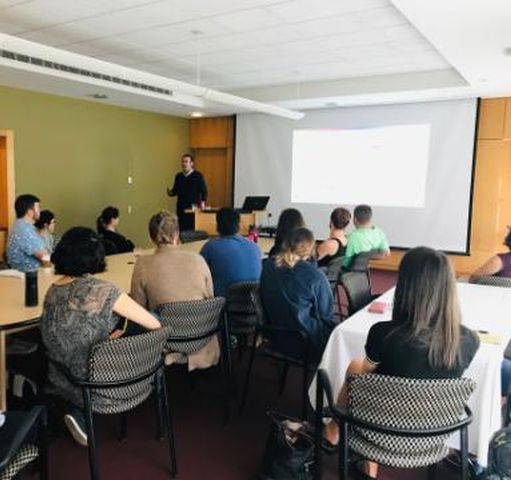
External Speaker at Worm Club
So excited to host Dr. Matt Gill for worm club this month.

Our very own Austin Sims gets to go to FrA2R program
Thank you to Frontiers for alzheimer's research.

Welcome Mo to the Gurkar Lab, glad to have you be a part of the team.
Aditi receives first prize at the Aging Research Day 2018
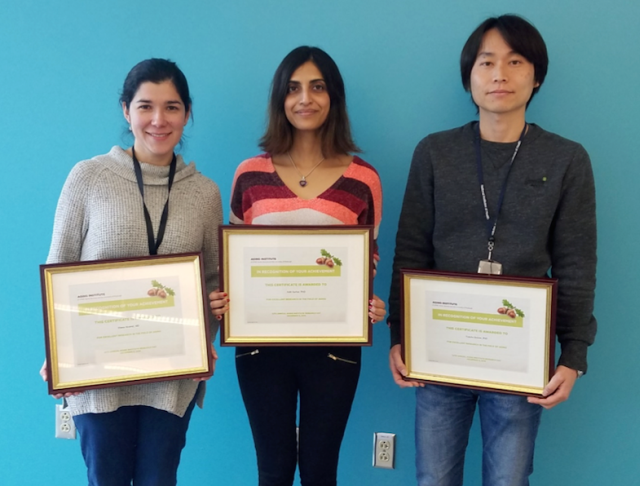
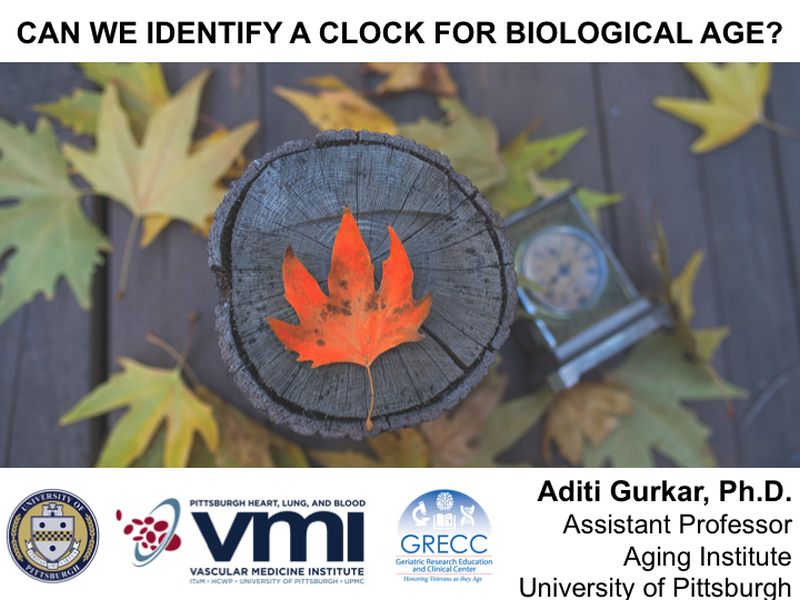
Pepper Retreat 2018
Very first time to present our findings about human aging!
Diwali 2018
Gurkar lab celebrates Diwali 2018


Cold Spring Harbor - Mechanisms of Aging
Such an excellent meeting! We got an opportunity to present some of our work at this awesome meeting.
Phone: (412) 624-7494
Email: agurkar1@pitt.edu
Administrative Assistant: Beth Thomas
Phone: (412) 864-2507
E-mail: eat8@pitt.edu
We are looking for fun, skilled and highly motivated individuals excited to work with a scientific team focused on understanding the base of age-related disease such as neurodegeneration, cancer and cardiovascular disease.
Send c.v. with name, email, and phone numbers of references to agurkar1@pitt.edu
Lab Manager/ Research Specialist
Mouse-house Technician
Post-doctoral Fellows